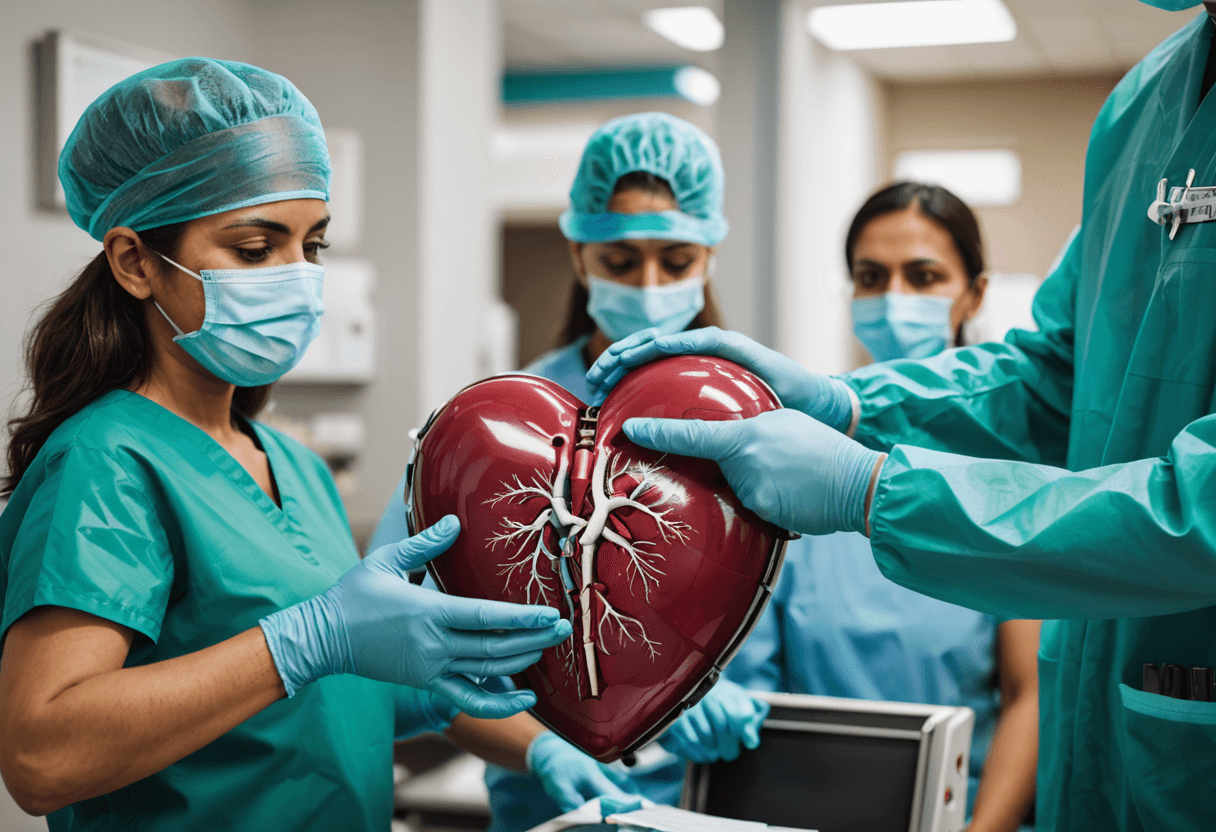
The Importance of Organ Donation
06 Oct, 2024
 Healthtrip
HealthtripAs we go about our daily lives, many of us take for granted the simple fact that we are alive, and that our bodies are functioning as they should. But for many people, this is not the case. There are thousands of individuals who are waiting for a life-saving organ transplant, and their lives hang in the balance as they wait for a matching donor. Organ donation is a selfless act that can have a profound impact on the lives of others, and it's an issue that affects us all, whether we realize it or not.
The Need for Organ Donation
The need for organ donation is staggering. In the United States alone, there are over 100,000 people waiting for a life-saving organ transplant, and sadly, 22 people die every day while waiting for a transplant. This is a tragic reality that can be changed with the help of organ donors. The most common organs in need of donation are kidneys, livers, hearts, lungs, and pancreases, and the demand for these organs far exceeds the supply. This shortage has led to a crisis in the healthcare system, with many patients facing long wait times and uncertain outcomes.
Most popular procedures in India
The Impact of Organ Donation on Recipients
For those who receive a life-saving organ transplant, the impact is immeasurable. A new organ can give them a second chance at life, free from the burden of illness and disease. Organ transplantation can improve the quality of life, extend life expectancy, and even save lives. Recipients of organ transplants often report a renewed sense of hope and purpose, and are able to return to their normal activities and routines. For many, it's a chance to start anew, and to make the most of the gift of life.
In addition to the impact on the recipient, organ donation also has a profound effect on their loved ones. Family members and friends who have lost a loved one to illness or disease can find comfort in knowing that their loved one's organs have been donated, and that their legacy lives on through the lives they have touched. This can bring a sense of peace and closure, and can help to ease the grieving process.
Wellness Treatments
Give yourself the time to relax
Lowest Prices Guaranteed!

Lowest Prices Guaranteed!
The Process of Organ Donation
So, how does organ donation work? The process is actually quite straightforward. When someone dies, their organs can be donated to those in need. This can happen in one of two ways: through a living donor, or through a deceased donor. Living donors can donate a kidney or a portion of their liver, while deceased donors can donate multiple organs, including their heart, lungs, liver, kidneys, and pancreas. The organs are then matched with recipients based on a number of factors, including blood type, tissue type, and medical urgency.
Debunking Common Myths About Organ Donation
Despite the importance of organ donation, there are many misconceptions and myths that surround the process. One common myth is that organ donation is only for those who are young and healthy. However, organs can be donated by people of all ages, and even those with certain medical conditions. Another myth is that organ donation is only for those who have died in a hospital. However, organs can be donated by those who have died at home, or in other settings. By educating ourselves about the facts of organ donation, we can help to dispel these myths and encourage more people to become donors.
Another common myth is that organ donation is a complicated and expensive process. While it's true that the medical procedures involved in organ donation can be complex, the cost of organ donation is actually covered by the recipient's insurance, and does not place a financial burden on the donor or their family. This means that anyone can become an organ donor, regardless of their financial situation.
The Power of Organ Donation
Organ donation has the power to change lives, and to bring hope to those who are struggling. By becoming an organ donor, we can make a difference in the lives of others, and leave a lasting legacy. It's a selfless act that requires no special skills or training, just a willingness to give. And yet, it's an act that can have a profound impact on the lives of others.
As we consider the importance of organ donation, let us remember the countless lives that have been touched by this selfless act. Let us honor the memories of those who have given the gift of life, and let us strive to create a world where no one has to wait for a life-saving organ transplant. By becoming organ donors, we can make a difference, and give others the chance to live the life they deserve.
Related Blogs

Your Ultimate Guide to Affordable Heart Transplant in India: Top Hospitals and Doctors
Get the best heart transplant in India with expert doctors
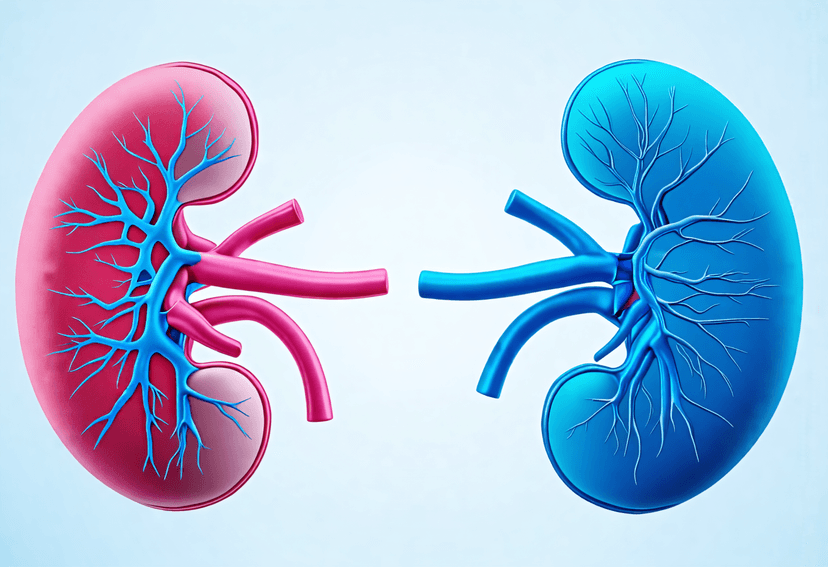
The Importance of Kidney Transplant
Discover the significance of kidney transplant and its benefits
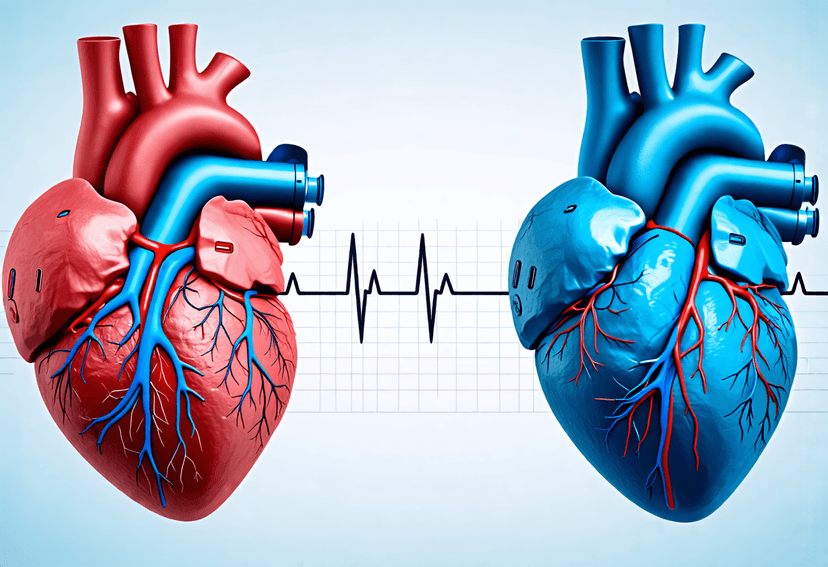
The Future of Heart Transplantation
Advancements and innovations in heart transplantation.

What is a Heart Transplant Waitlist?
Understanding the process of waiting for a heart transplant.
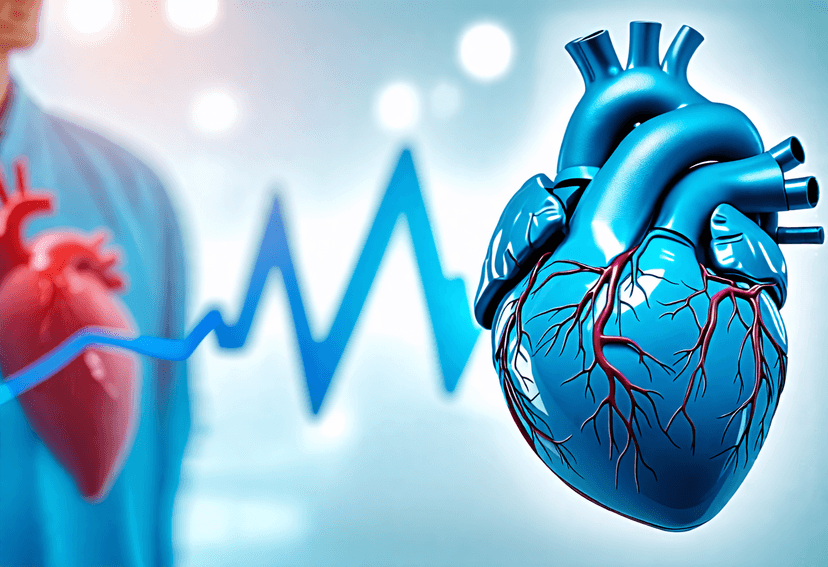
The Cost of Heart Transplant: What to Expect
Understanding the financial implications of heart transplantation.
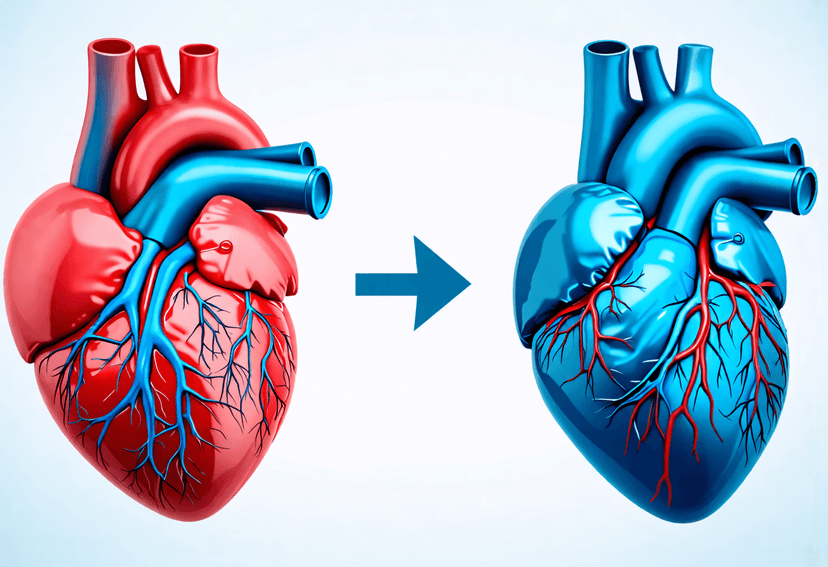
What are the Alternatives to Heart Transplant?
Exploring options for patients who are not candidates for heart










